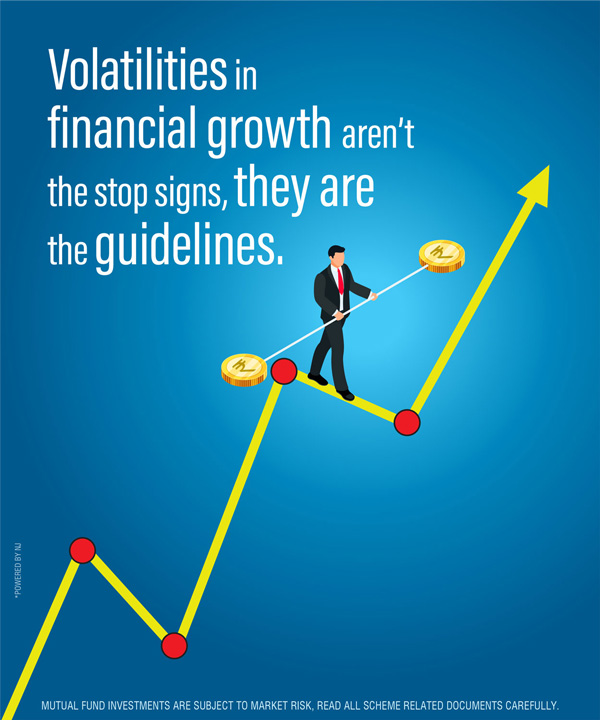










| # of EMIs paid at Foreclosure | Prepayment /Foreclosure rates |
| ≤ 12 EMIs paid | 4% |
| >12 EMIs but ≤24 EMIs paid | 2% |
| >24 EMIs but ≤36 EMIs paid | 1% |
| >36 EMIs paid | Nil |

Yash Shantaram Khanolkar (ARN-250374)
AMFI REGISTERED MUTUAL FUND DISTRIBUTOR


"We have taken due care and caution in compilation of this E Newsletter. The information has been obtained from various reliable sources. However it does not guarantee the accuracy, adequacy or completeness of any information and is not responsible for any errors or omissions of the results obtained from the use of such information. Investors should seek proper financial advise regarding the appropriateness of investing in any of the schemes stated, discussed or recommended in this newsletter and should realise that the statements regarding future prospects may or may not realise. Mutual fund investments are subject to market risks. Please read the offer document carefully before investing. Past performance is for indicative purpose only and is not necessarily a guide to the future performance."